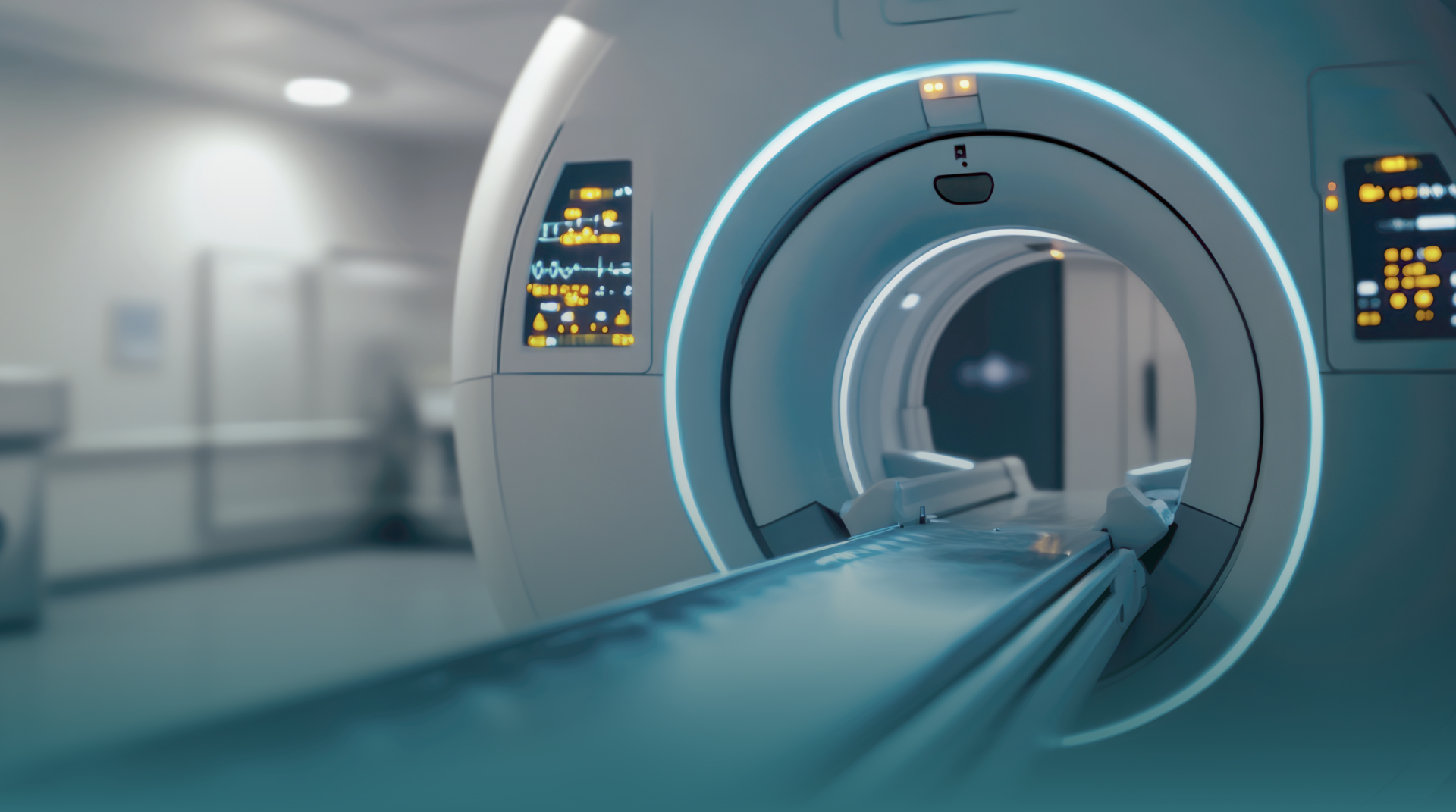Redefining Preclinical Research: Non-Invasive MRI for Ethical and Accelerated Drug Discovery
In preclinical research, traditional methods often require sacrificing animals to study drug effects and disease progression. This not only raises ethical concerns but also prompts the search for alternatives that maintain scientific rigor while minimizing harm to preclinical animals.
Magnetic Resonance Imaging (MRI) offers a non-invasive approach, allowing scientists to observe real-time changes in disease progression and drug efficacy without sacrificing additional animals. This shift promotes more humane practices and can also accelerate drug development by providing detailed insights more quickly than conventional methods.


